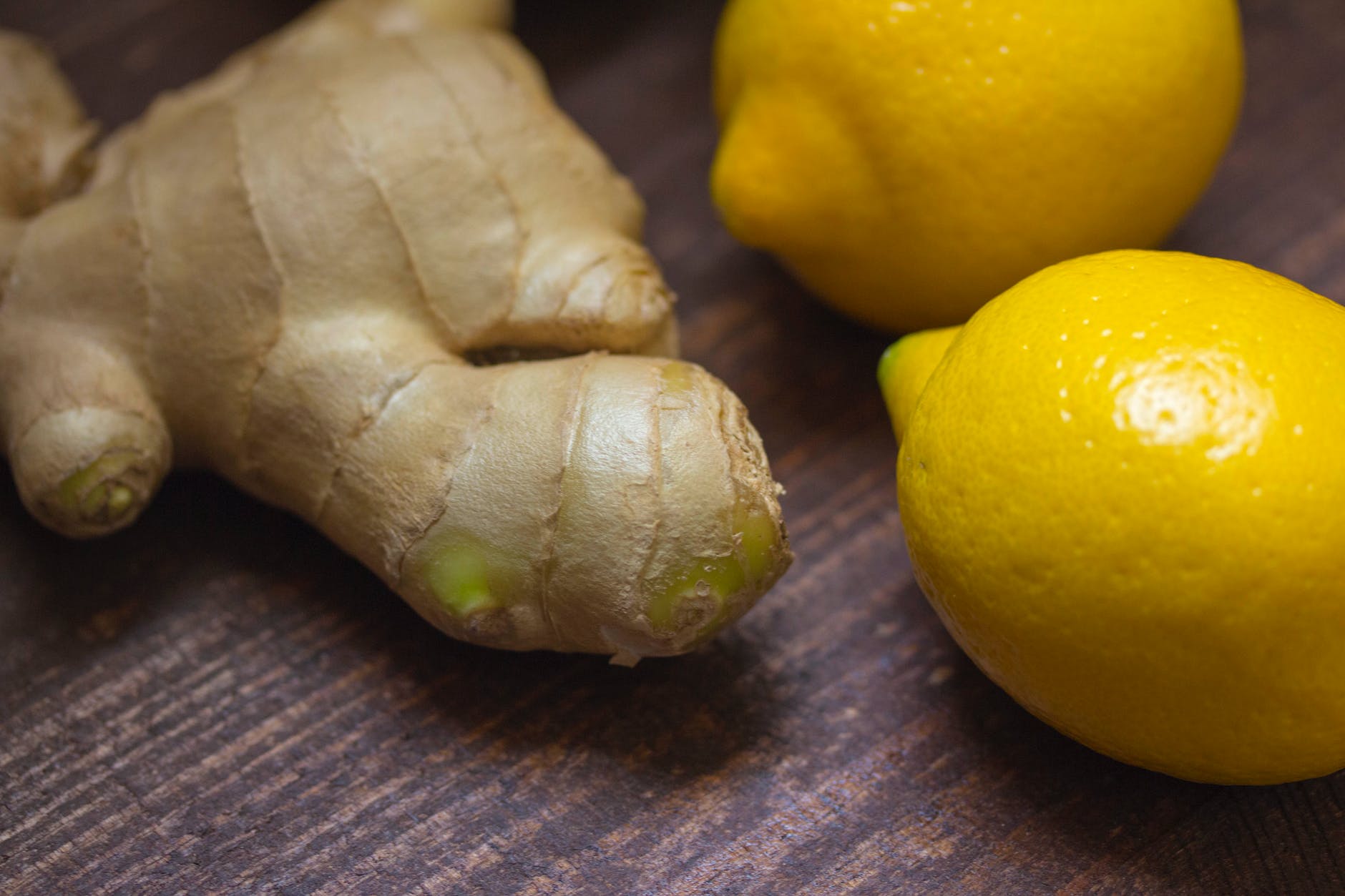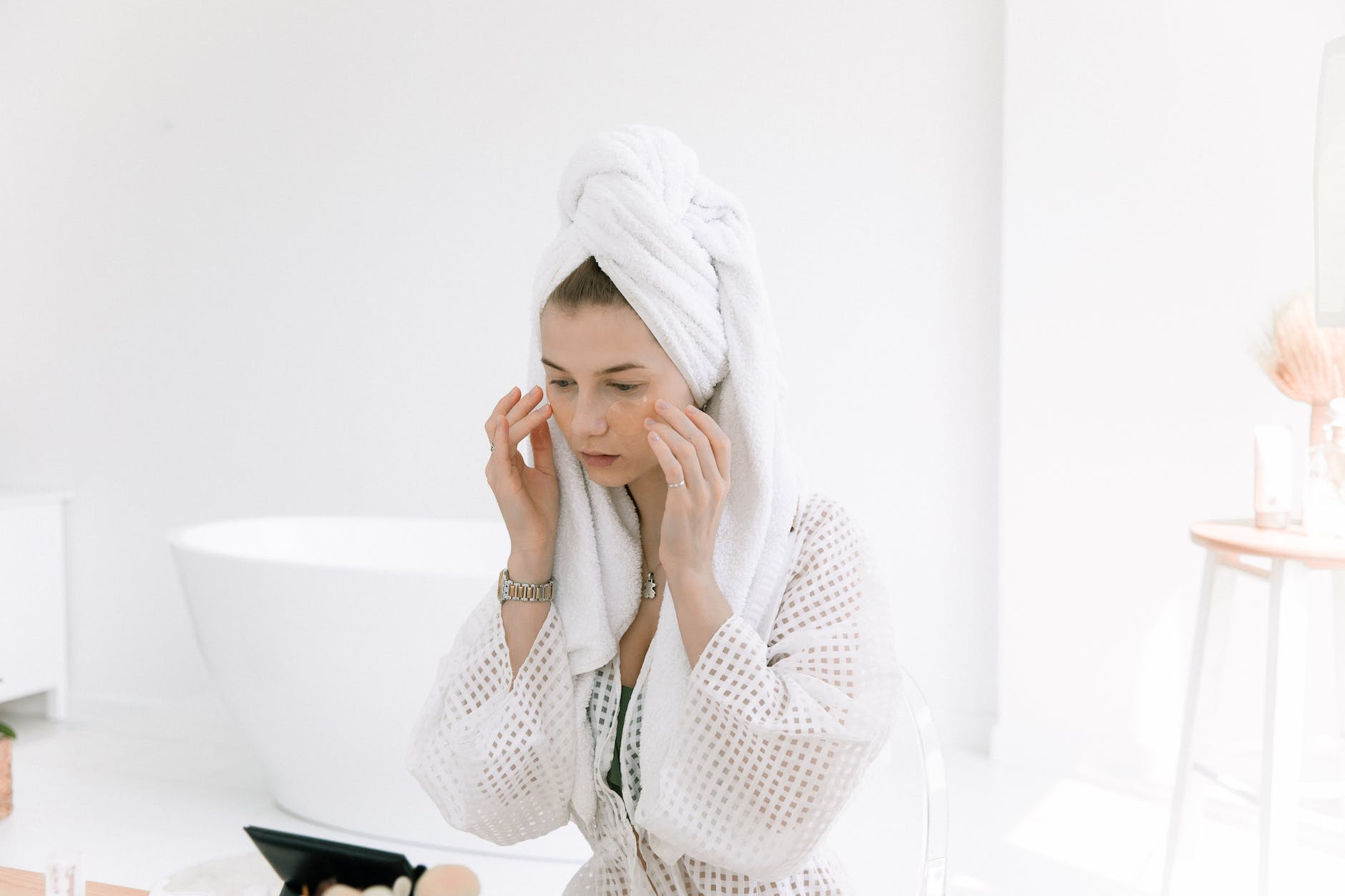
Amla, also known as the Indian Gooseberry, is more than just a sour and tangy fruit. It’s a superfood, a traditional remedy, and a cornerstone of Ayurvedic medicine. But did you know that this humble fruit can also be a powerhouse for your eye health? 🤔 Let’s take a deep dive into the world of Amla and its benefits for your eyes. 👀
Amla: A Brief Introduction 🌳
Amla, scientifically known as Emblica Officinalis, is a tree that is native to India. Its fruit, also known as Amla, is a rich source of Vitamin C and is revered in Ayurveda for its numerous health benefits. From boosting immunity to improving digestion, Amla has been used as a holistic remedy for centuries. But one of its lesser-known benefits is its positive impact on eye health.
The Science Behind Amla and Eye Health 👩🔬
Amla is rich in antioxidants, particularly Vitamin C, which plays a crucial role in maintaining eye health. Vitamin C aids in fighting bacteria, which can help protect your eyes from conjunctivitis (pink eye) and other infections. It also helps in the regeneration of the cornea, the outermost layer of the eye (source).
Research also suggests that Amla has potential ethnomedicinal uses and medicinal potentials, which include its application in improving vision. A study published in the Journal of Ethnopharmacology found that Amla extract has potential benefits in the prevention of cataracts (source).
Amla in Ayurveda: A Traditional Eye Tonic 🌿
In Ayurveda, Amla is considered a potent rasayana, which means it helps to maintain and rejuvenate bodily tissues. It’s particularly beneficial for the eyes and is believed to enhance both the physical and spiritual aspects of sight. Amla is said to improve drishti (vision), nourish the physical eye, and enhance inner vision or perception.
Practical Applications: How to Use Amla for Eye Health 🍽️
Amla can be incorporated into your diet in various ways. You can consume it raw, in the form of juice, or as a part of various dishes. Here are some ways to use Amla for eye health:
- Amla Juice: Amla juice is a potent health drink that can be consumed on an empty stomach for maximum benefits. It’s not only refreshing but also packed with nutrients.
- Amla Powder: Amla powder can be mixed with water or juice and consumed daily. It’s also a great addition to smoothies and shakes.
- Amla in Cooking: Amla can be used in a variety of dishes, from pickles to curries. It adds a tangy flavor and a nutrient boost to your meals.
But what if you’re looking for a more convenient and delicious way to integrate Amla into your life? That’s where Masala Monk comes in!
Amla Products for Eye Health at Masala Monk 🛍️
At Masala Monk, we offer a range of Amla products that you can incorporate into your daily routine for better eye health. These products are not only delicious but also packed with the goodness of Amla:
- Amla Murabba – 100% Natural: This is a traditional Indian recipe where Amla is preserved in sugar syrup. It’s a sweet and tangy treat that you can enjoy any time of the day.
- Amla Sharbat – Suncooked and 100% Natural: This refreshing drink is made from sun-cooked Amla and natural ingredients. It’s a perfect summer cooler that also boosts your eye health.
- Amla Pickle-Homemade Indian Gooseberry Pickle: Add a tangy twist to your meals with this homemade Amla pickle. It’s a great way to enjoy the benefits of Amla in a flavorful way.
- Imli Ka Amlana: This is a traditional Rajasthani drink made from tamarind, Amla, and spices. It’s a delicious and healthy beverage that you can enjoy chilled.
Incorporating these products into your diet can be a fun and tasty way to enjoy the benefits of Amla. So why wait? Start your journey towards better eye health with Amla and Masala Monk today!
Further Reading on Amla 📚
For more information on the benefits of Amla, check out these blog posts on Masala Monk’s blog:
- Amla Juice for Diabetes: Exploring Its Potential Benefits for Blood Sugar Management
- The Power of Amla: 5 Benefits of Indian Gooseberry for Skin
- Is it Safe to Eat Amla During Pregnancy?
- 7 Amazing Benefits of Amla for Diabetes
FAQs about Amla and Eye Health ❓
Q: How can I incorporate Amla into my diet for better eye health? A: You can consume Amla in various forms such as raw, juice, or in pickles and sharbat.
Q: How does Amla help in improving eye health? A: Amla is rich in Vitamin C and antioxidants which are beneficial for eye health. It helps in strengthening the eye muscles and improving vision.
Q: Can I consume Amla during pregnancy for eye health? A: Yes, Amla can be safely consumed during pregnancy. However, it’s always best to consult with your healthcare provider.
Q: Can Amla cure eye infections? A: While Amla can help in preventing eye infections due to its antibacterial properties, it’s important to seek medical advice for the treatment of any eye infections.
In conclusion, Amla is a superfood that can significantly improve your eye health. So why wait? Start incorporating Amla into your diet today and give your eyes the care they deserve! 👀🌟












